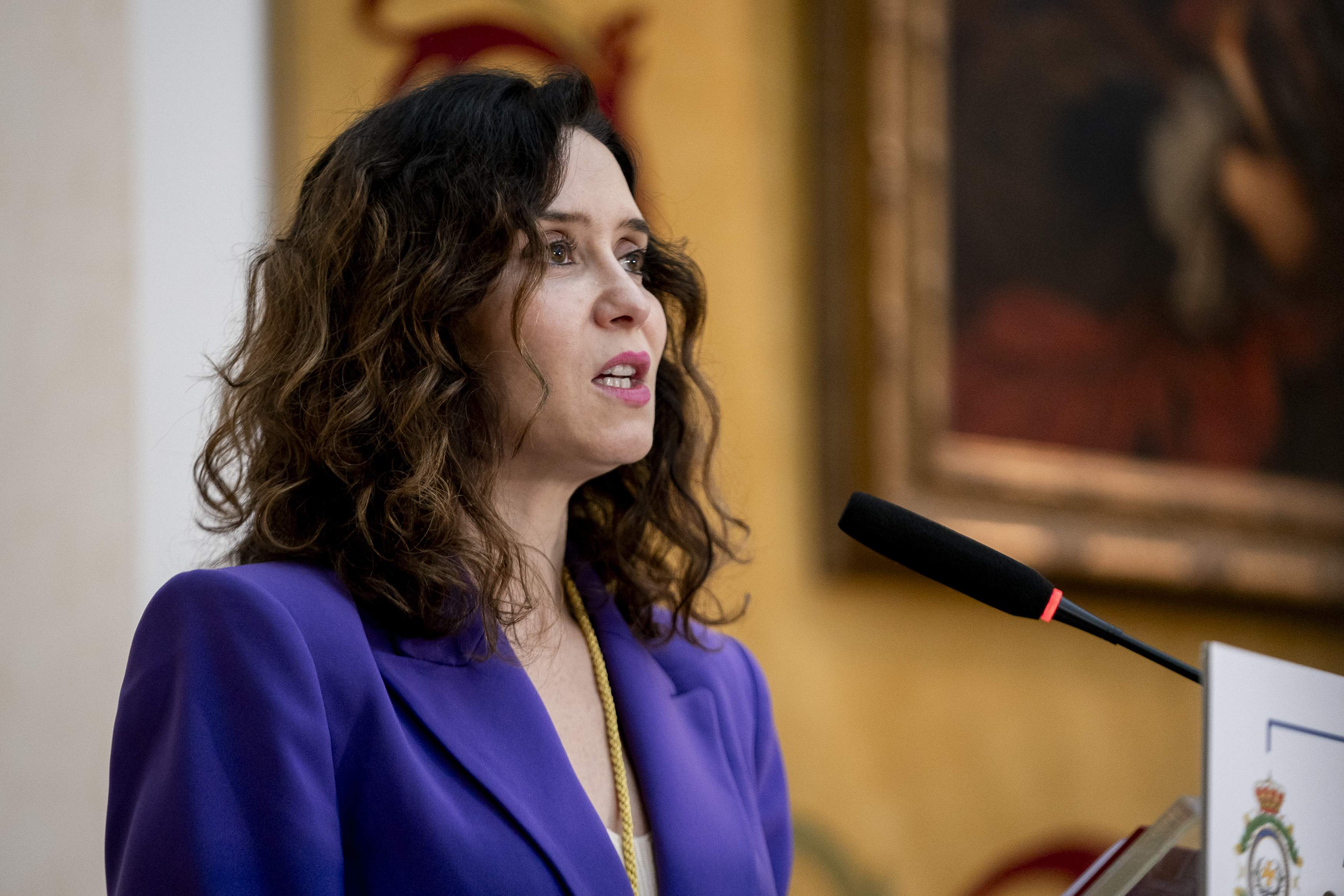In the final sprint before the Galician election on Sunday, the nervousness of the People's Party (PP) about retaining control of a community that it currently governs has meant that all of the party's heavyweights have climbed into the electoral ring. Whoever the PP politician and whatever the occasion or platform, the subject will be the autonomous community election in Galicia. And it is in that context that the president of the Community of Madrid, Isabel Díaz Ayuso, declared that she wanted to see, in Galicia and Spain, the same change that the new Argentinian president, Javier Milei, is carrying out. However, for Argentina, this change has translated into even more inflation, falling investments and mass demonstrations.
"I think that the change in Argentina, the glorious change in Argentina that we have defended from Madrid, for it to have been possible, the vote had to be concentrated, in the case of Argentina around Milei, which is in reality what we have at stake in Galicia with the People's Party", she declared in an interview with Radio Mitre, an Argentinian broadcaster. Ayuso's is following the same line as the rest of the PP in recent days: asking for unity on the right. In other words, asking for far-right Vox voters to vote PP. Some of the latest polls suggest that PP has lost enough support for this factor to be critical to the outcome.
📢 La presidenta de la Comunidad de Madrid, Isabel Díaz Ayuso, habló con @edufeiok en el aire de Radio Mitre.
— Radio Mitre (@radiomitre) February 14, 2024
🗣 "Parte del éxito del cambio en Argentina y de Javier Milei fue que todos entendieron que había que estar a la altura, que tenían que unirse en torno a una candidatura… pic.twitter.com/oIfUpUdxch
A call to Vox voters
The Spanish far-right party led by Santiago Abascal is not expected to get enough votes to enter the Galician parliament, according to polls published up till now. Thus, a number of PP leaders have targeted the Vox vote, presenting themselves as the only alternative to stop the Galician Nationalist Bloc (BNG) under Ana Pontón. For example, the PP spokesperson in Congress, Miguel Tellado, called for the right-wing vote to be concentrated in the PP list and not Vox's, due to its poor poll chances, and thus to "shield Galicia". The PP campaign to woo the extremists could also be seen as damage control after the statements last weekend by PP leader Alberto Núñez Feijóo, later denied, that it had offered a pardon to Catalan president-in-exile Carles Puigdemont in talks after last July's elections.
Meanwhile, the BNG, second in the polls and seeking an opportunity to govern with the Galician Socialists if the PP fails to repeat its current majority, asserts that the massive entry into the campaign of major PP figures reflects just the attitude that Galician voters need to reject. Nestor Rego, the sole BNG deputy in Congress, considers it "an insult" that the president of the Community of Madrid should participate in the Galician campaign: Ayuso's presence consolidates the PP model for Galicia, that of a "submissive and dependent" country, he said. The Galician Nationalist MP was referring to a rally in Vigo (Pontevedra) in which the Galician president and candidate for re-election, Alfonso Rueda, shared the stage with Díaz Ayuso.

